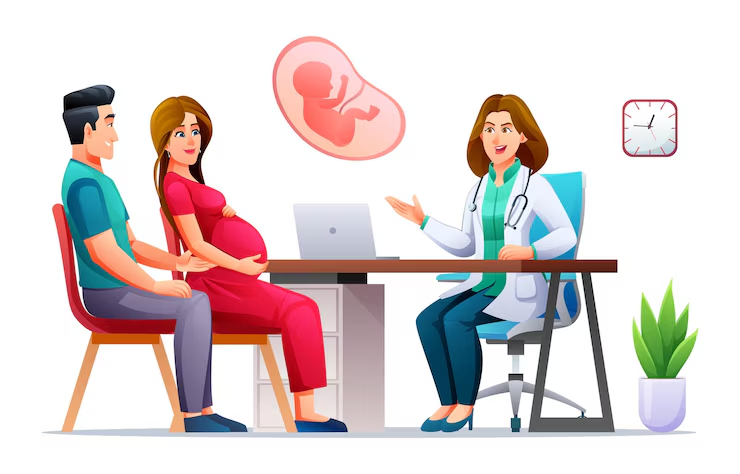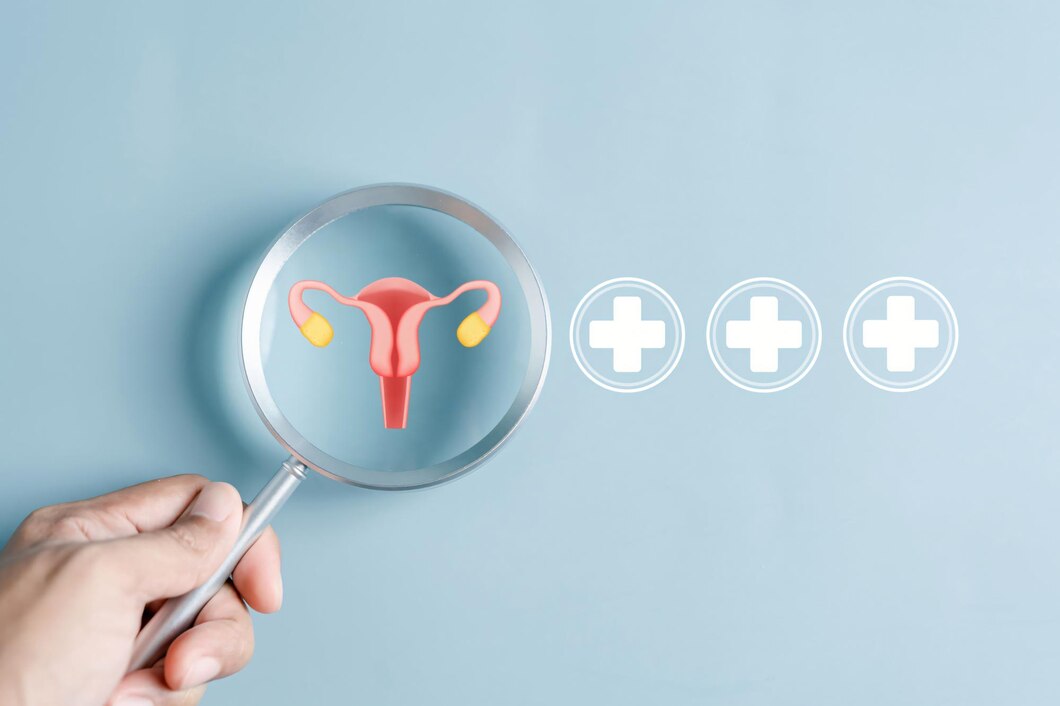Pregnancy is a beautiful and life-changing journey. For many women, experiencing a smooth and healthy normal pregnancy — and a natural delivery — is a top priority. That’s why choosing the right Normal Pregnancy Doctor in Faridabad for your antenatal care and delivery becomes one of the most important decisions you will make.
Faridabad, with its modern hospitals and growing medical infrastructure, offers several excellent obstetricians who specialize in guiding mothers through a safe and uncomplicated pregnancy. Among them, Dr. Shweta Mendiratta is widely trusted by expectant families for her deep commitment to supporting normal pregnancies and promoting safe vaginal deliveries whenever possible.
Why Choose a Specialist for Normal Pregnancy Care?
While all qualified gynecologists and obstetricians can manage a pregnancy, doctors who focus on promoting natural childbirth and maintaining normal, low-intervention pregnancies bring unique value.
Here’s why:
✅ Personalized Monitoring: Every pregnancy is unique. An experienced doctor closely tracks your health, fetal growth, and routine parameters, so any issues can be addressed early without over-medicalizing the experience.
✅ Encouragement of Natural Birth: A doctor who supports normal pregnancies will guide you toward a healthy, natural delivery if there are no medical complications, reducing unnecessary interventions like C-sections.
✅ Holistic Guidance: Nutrition, exercise, and emotional well-being all play roles in a normal pregnancy. The right doctor provides holistic advice, not just medication.
✅ Continuity of Care: From your first visit to delivery and beyond, having the same doctor ensures trust, comfort, and consistent support.
Why Many Expecting Parents in Faridabad Prefer Dr. Shweta Mendiratta
Dr. Shweta Mendiratta has become a trusted name for expecting mothers who wish for a smooth, healthy pregnancy and a vaginal delivery wherever medically possible.
Here’s what makes her stand out:
- Extensive Experience in Obstetrics: She has helped thousands of mothers achieve safe and healthy deliveries over the years.
- Focus on Normal Deliveries: Dr. Mendiratta strongly believes that with proper monitoring and guidance, many pregnancies can proceed naturally without unnecessary surgical intervention.
- Patient Empowerment: She takes time to counsel couples about birth plans, labor positions, pain management, and how to prepare for delivery.
- Evidence-Based Approach: Dr. Mendiratta blends modern, evidence-based protocols with traditional birthing wisdom to help mothers stay confident and healthy.
- Friendly, Respectful Environment: She is known for putting patients at ease and respecting their preferences, which makes a huge difference during pregnancy.
What to Expect in a Normal Pregnancy Care Plan
When you choose a doctor experienced in normal pregnancy care, you can expect:
🌸 Routine Antenatal Checkups — Regular visits to monitor your health, weight, fetal growth, and vital signs.
🌸 Ultrasound Scans — Timely ultrasounds to track fetal well-being.
🌸 Diet & Lifestyle Guidance — Tailored nutrition and safe physical activity advice to keep you and your baby healthy.
🌸 Labor Preparation — Birth education classes and counseling on labor techniques and breathing exercises.
🌸 Monitoring for Complications — Early detection of any issues so they can be managed promptly.
🌸 Postpartum Support — Care after delivery to ensure smooth recovery and breastfeeding guidance.
How to Choose the Best Normal Pregnancy Doctor in Faridabad
If you are beginning your motherhood journey, here are a few things to keep in mind while selecting your doctor:
✔ Experience with Normal Deliveries – Look for a doctor who has a strong track record of safe, uncomplicated vaginal deliveries.
✔ Positive Birth Philosophy – Your doctor should support and encourage a positive, minimally invasive birth experience.
✔ Patient Feedback – Talk to other mothers or read genuine reviews about the doctor’s style and bedside manner.
✔ Access to Modern Facilities – Ensure the hospital has emergency care, NICU, and other back-up facilities if needed.
✔ Communication – You should feel safe, comfortable, and fully informed with your doctor at all times.
Final Thoughts
Bringing a new life into the world is an unforgettable experience. Having the guidance of an experienced, caring, and skilled pregnancy doctor gives you confidence and peace of mind. If you are looking for a best normal pregnancy doctor in Faridabad, Dr. Shweta Mendiratta offers a perfect blend of medical excellence, a supportive approach, and a deep respect for the natural birth process.
Whether you are pregnant for the first time or adding to your family, you can trust her for compassionate care every step of the way.











